Sample projects
Explore public examples of our work building data and AI solutions for problems that matter.
Explore public examples of our work building data and AI solutions for problems that matter.

Detected wildlife in images and videos—automatically and at scale—by building the winning algorithm from a DrivenData competition into an open source python package and a web application running models in the cloud.
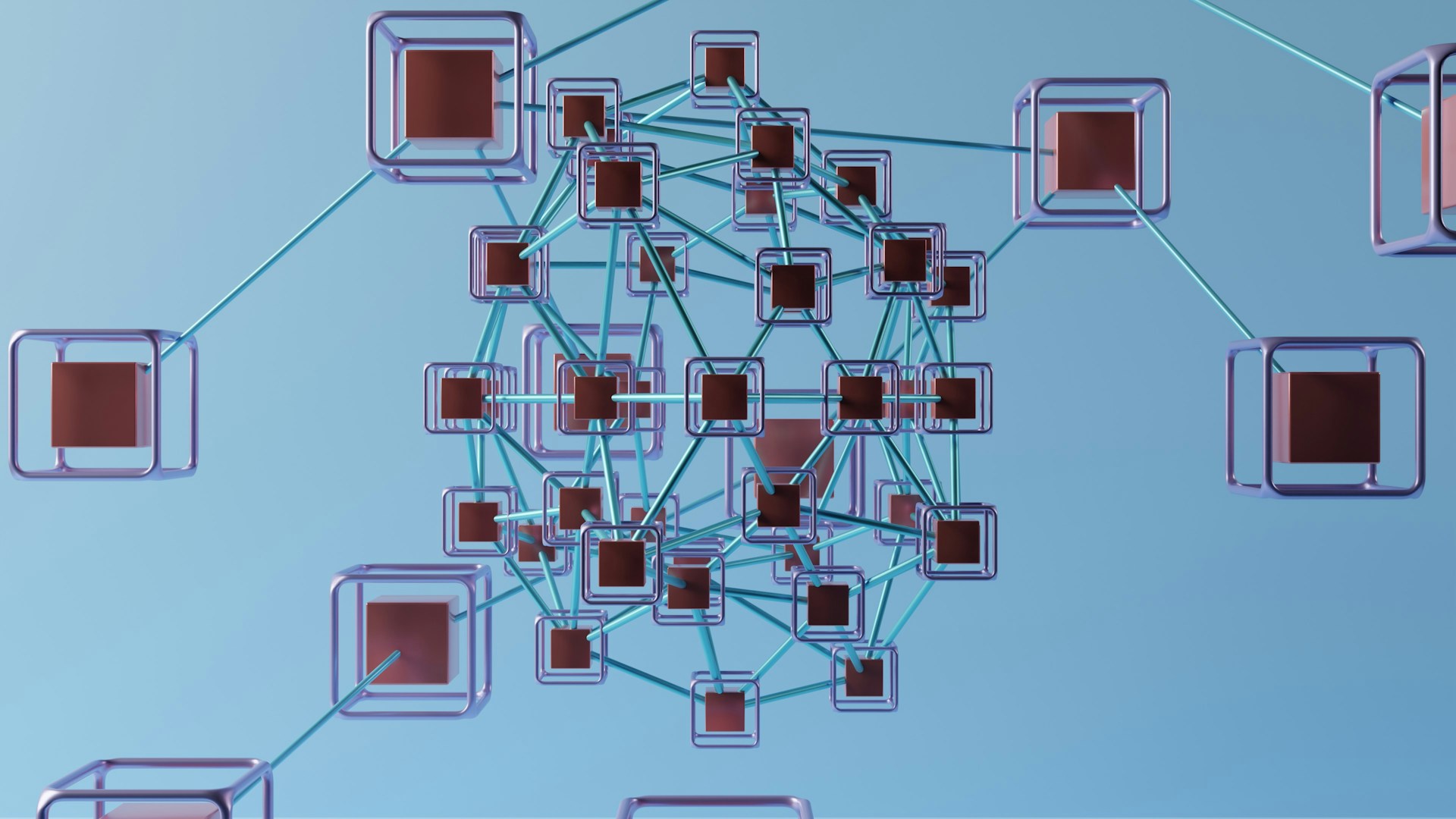
Built data infrastructure to ingest, clean, integrate, and organize data across CodePath, created interactive dashboards for accurate monitoring of program trends, and provided trusted data expertise to identify and hire talent to carry the work forward.
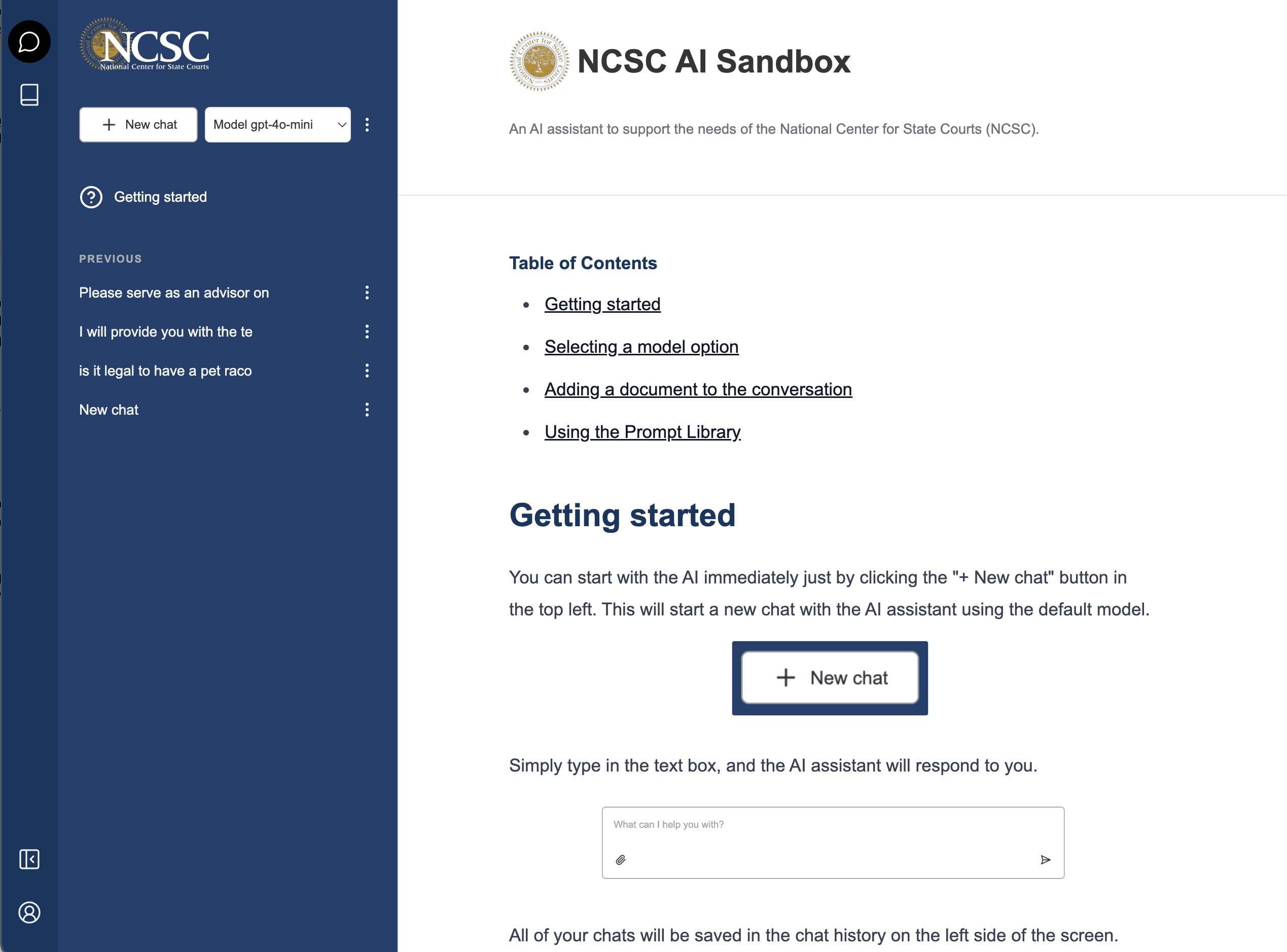
We worked with the National Center for State Courts to build an LLM chat sandbox for private usage. This sandbox allows users to experiment with LLM tools in a way that is safe, secure, and cost-effective, with specific use cases and prompts relevant to their work.
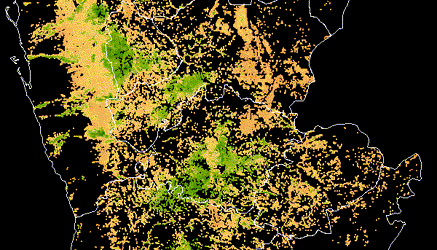
Used satellite imagery to identify crop extent, crop types and climate risks to agriculture in Yemen, informing World Bank development programs in the country after years of civil war.
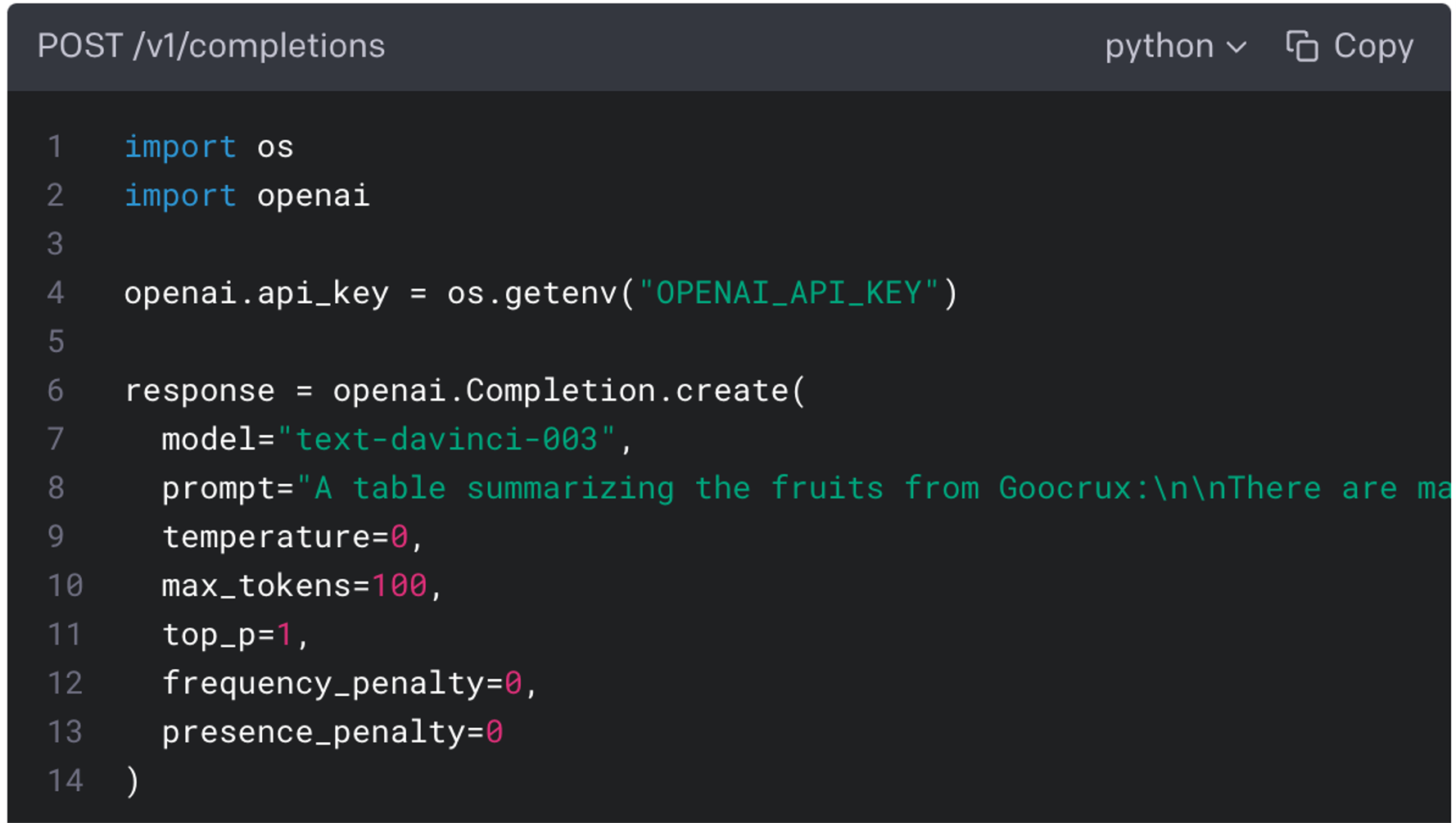
Built solutions using LLMs for multiple real-world applications, across tasks including semantic search, summarization, named entity recognition, and multimodal analysis. Work has spanned research on state-of-the-art models tuned for specific use cases to production ready retrieval-augmented AI applications.
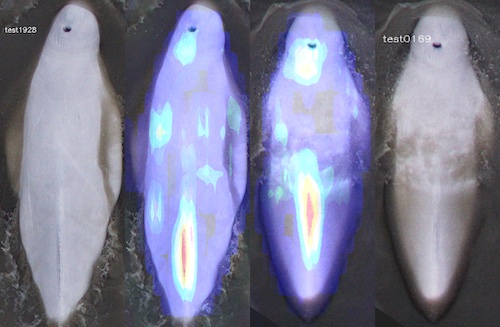
Designed and administered a computer vision challenge that produced state-of-the-art machine learning models to identify and match individual endangered beluga whales from photo surveys.
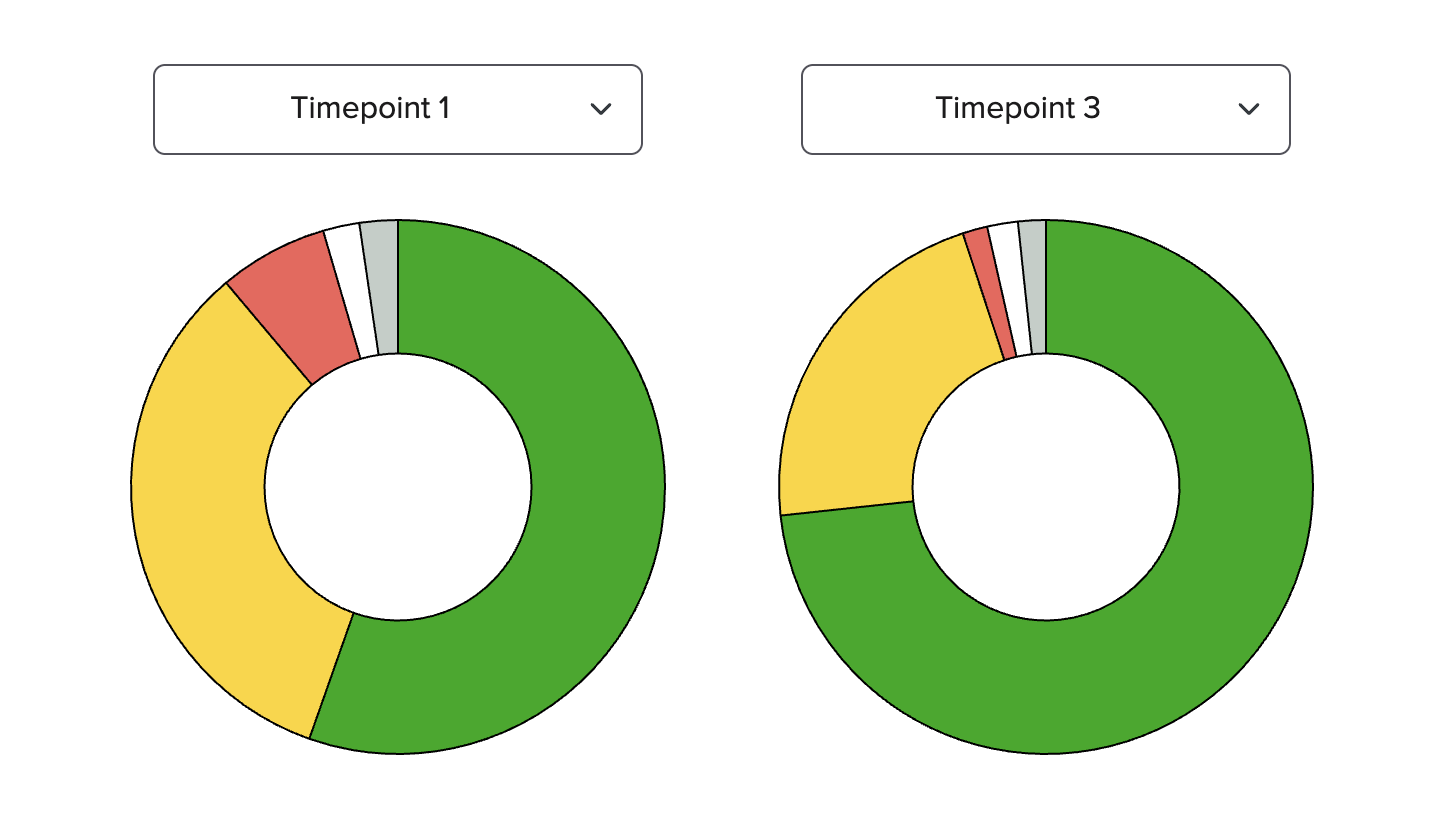
Built the Freedom Lifemap platform, a digital tool designed to support survivors of human trafficking on their journey toward reintegration and independence

Ran a machine learning challenge to develop automatic scoring methods for audio clips from literacy screener exercises. Automated scoring can help teachers quickly and reliably identify children in need of early literacy intervention.

Created an open source Python library and interactive data visualization platform for analyzing U.S. higher education data and illuminating trends and disparities in STEM education.

Built Orgmatch, a scalable and explainable entity resolution system to add value to information processed by a leading nonprofit data hub.
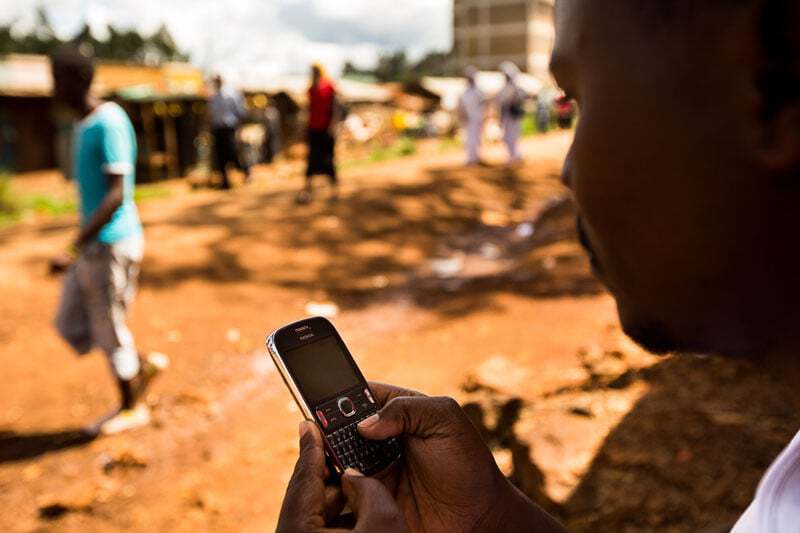
Analyzed millions of mobile money records to uncover patterns in behavior, and then combined these insights with human-centered design to shape new approaches to delivering mobile money to low-income populations in Tanzania.
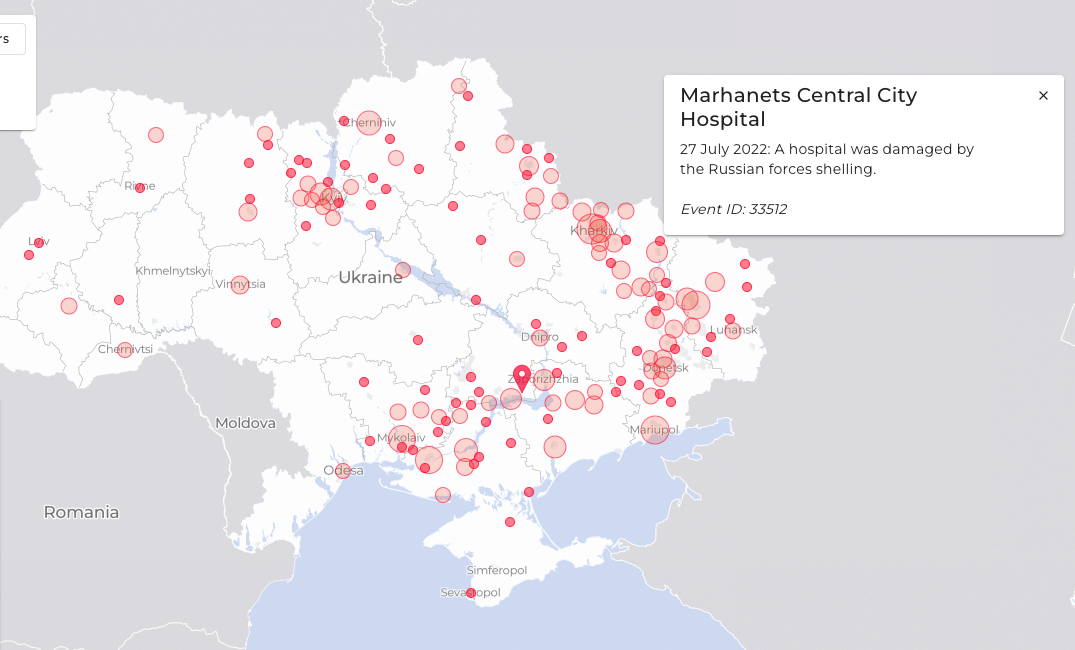
Built a real-time, interactive map to visualize attacks on the Ukrainian health care system since the Russian invasion began in February of 2022. The map will support partner efforts to provide aid, hold aggressors accountable in court, and increase public awareness.
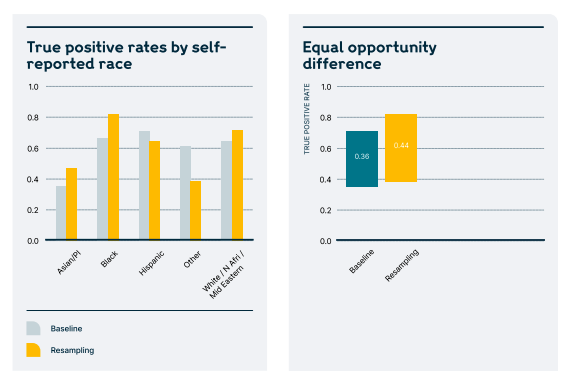
Conducted a literature review to understand the current state of bias identification & mitigation in mental health research, and synthesized recommended best practices from the field of machine learning.
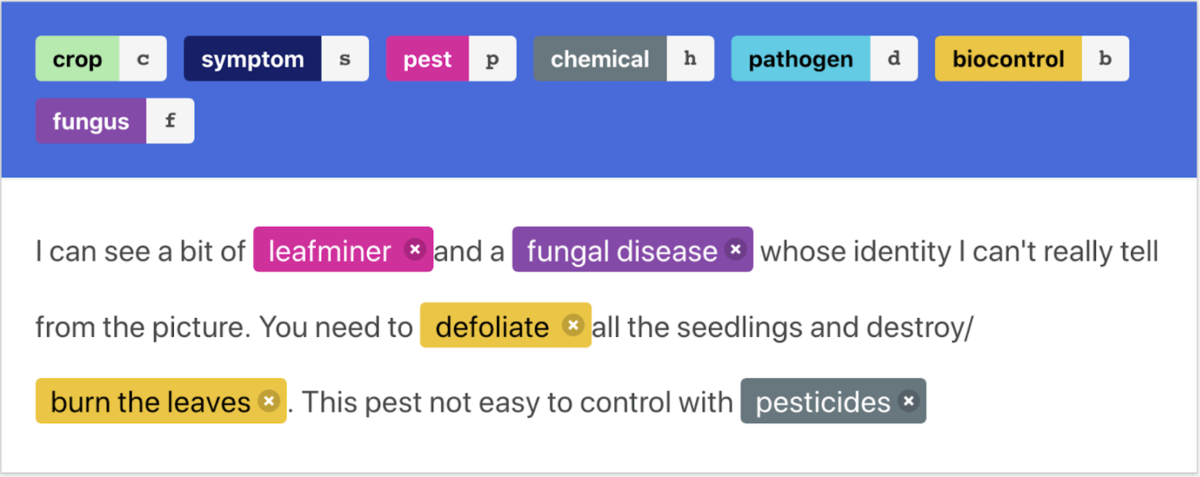
Automated recognition of agricultural entities (such as crops, pests, diseases, and chemicals) in WhatsApp and Telegram messages among plant doctors, enabling new ways to surface emerging trends and improve science-based guidance for smallholder farmers.
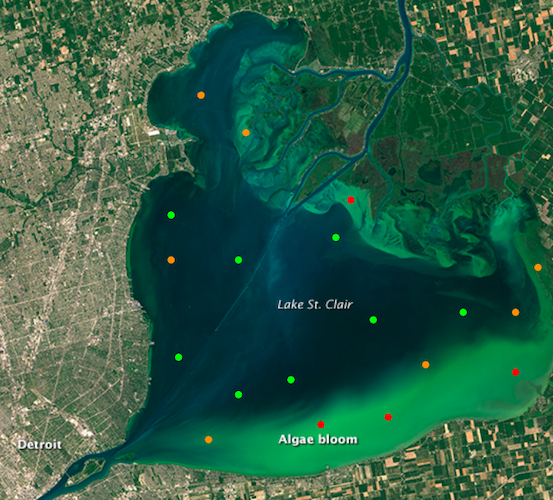
Created an open-source package to detect harmful algal blooms using machine learning and satellite imagery. Included running a machine-learning competition, conducting end user interviews, and engineering a robust, deployable pipeline.
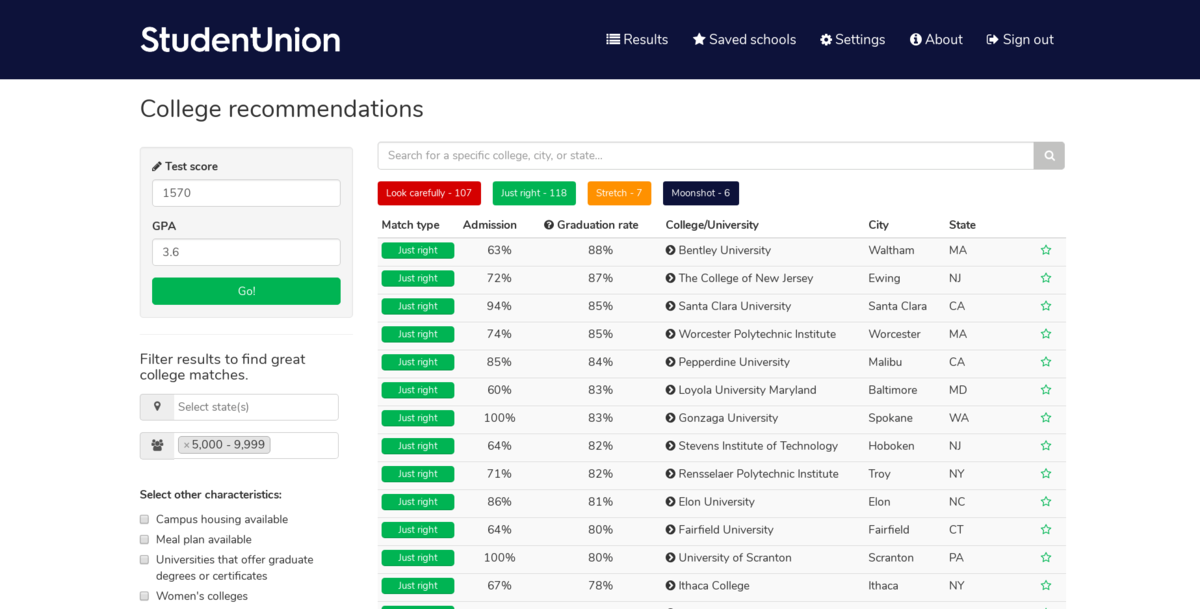
Used machine learning to match students with higher education programs where they are more likely to get in and graduate based on their unique profile, with a focus on backgrounds traditionally less likely to attend college or apply to more competitive programs.
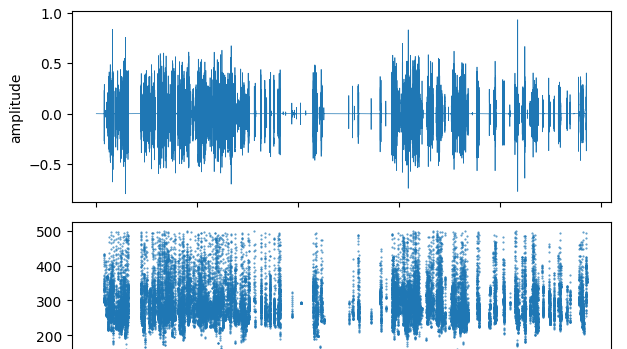
Built well-engineered data pipelines to extract machine learning features from audio, video and transcript data collected from online tutoring sessions, enabling a team at the University of Maryland to study how relationship-building affects student outcomes.

Visualized the flow of fair trade coffee products from the farms where they are grown to the stores where they are sold, connecting the nodes in supply chain transactions and increasing transparency for customers and auditors.
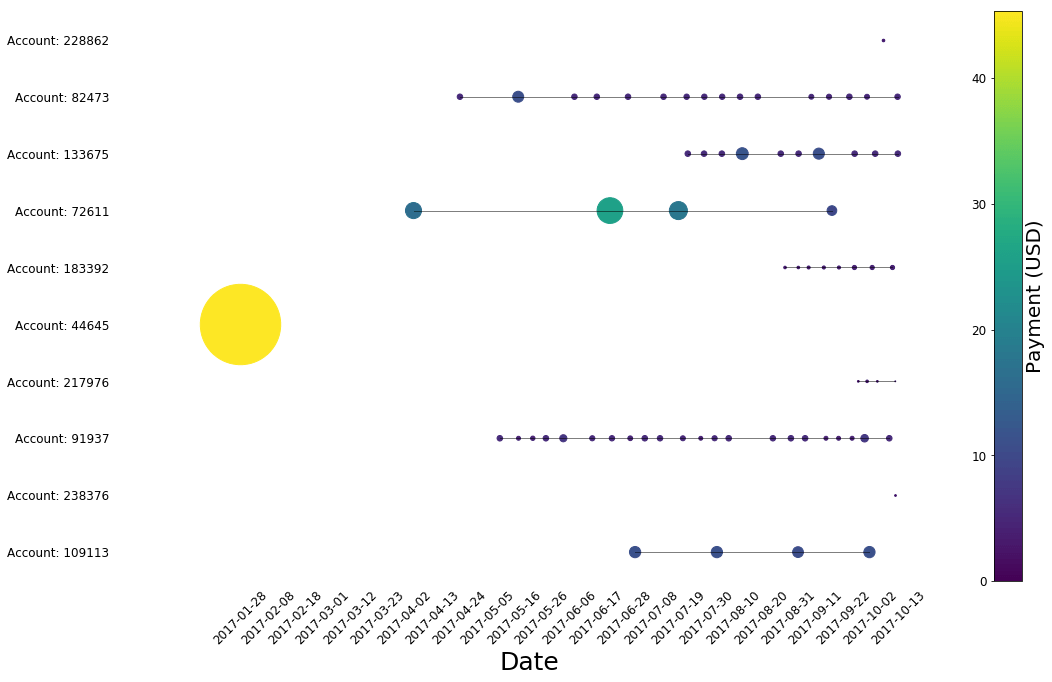
Analyzed repayment behaviors across dozens of pay-as-you-go (PAYG) solar energy companies serving off-grid populations throughout Africa, and developed KPIs to facilitate standardized reporting for PAYG portfolios.

Mapped out the probabilistic patient journeys through hospitals based on tens of thousands of patient experiences, giving hospitals a better view into the timing of the activities in their departments and how they relate to operational efficiency.

Built algorithms that put apples-to-apples labels on school budget line items so that districts understand how their spending stacks up and where they can improve, saving months of manual processing each year.
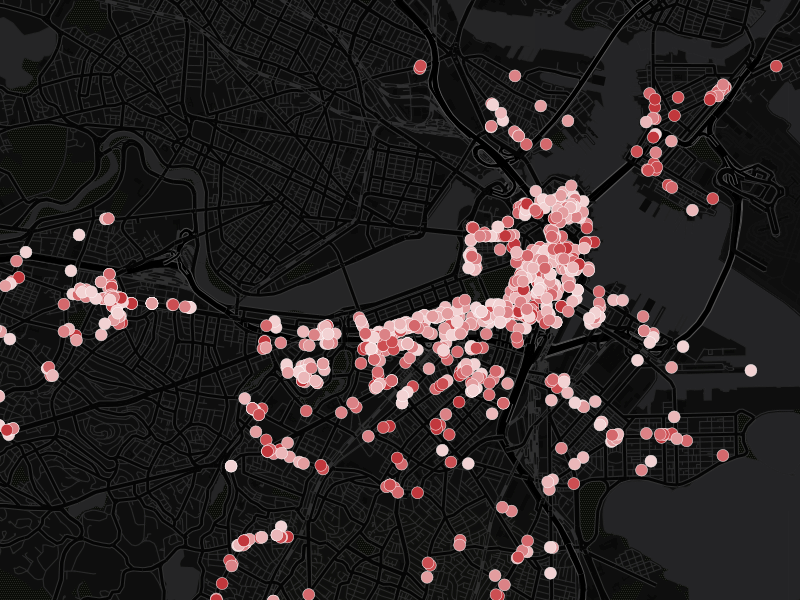
Flagged public health risks at restaurants by combining Yelp reviews with open city data on past inspections. An algorithmic approach discovers 25% more violations with the same number of inspections.
Join our newsletter or follow us for the latest on our social impact projects, data science competitions and open source work.
Learn more about how our team is bringing the transformative power of data science and AI to organizations tackling the world's biggest challenges.